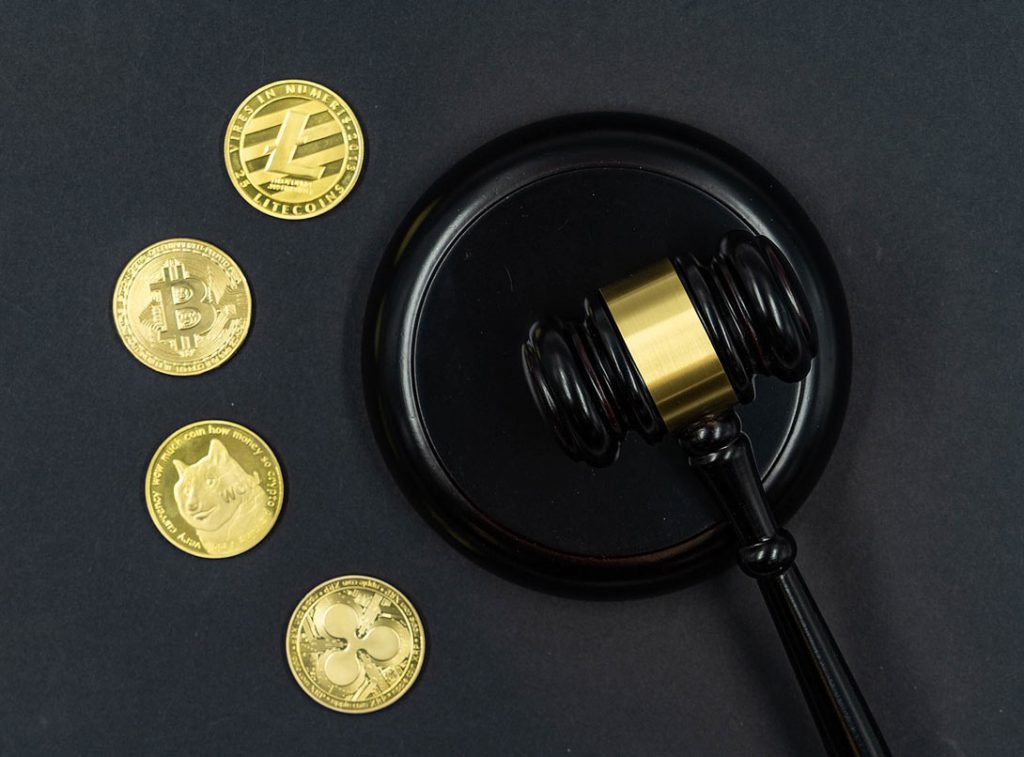
In a move that could redefine global financial dynamics, Russia has announced plans to launch state-backed cryptocurrency exchanges to facilitate international trade while potentially sidestepping Western sanctions.
The strategic pivot towards digital currencies, particularly those pegged to the Chinese Yuan and BRICS currencies, marks a significant escalation in Russia’s efforts to insulate its economy from international financial pressures.
The Crypto Exchange Initiative
According to reports, Russia intends to establish crypto exchanges in cities like Moscow and St. Petersburg.
The move is part of a broader initiative to integrate cryptocurrencies into Russia’s financial ecosystem, allowing for transactions that bypass traditional financial networks like SWIFT, which have been instrumental in enforcing Western sanctions.
Can Russia evade the fallout from sanctions?
The U.S. and its allies have long used financial sanctions as a tool to pressure Russia, particularly in response to geopolitical tensions and military actions like the invasion of Ukraine.
Cryptocurrencies, with their decentralized nature, offer a means to conduct transactions outside the conventional banking system, potentially undermining these sanctions.
By using cryptocurrencies, Russia could theoretically engage in trade without needing SWIFT, thereby avoiding the scrutiny and restrictions imposed by this system.
The introduction of stablecoins pegged to currencies like the Chinese Yuan or a basket of BRICS currencies could provide Russia with a stable digital alternative to the U.S. dollar, reducing its dependence on Western financial instruments.
The U.S. Treasury has already voiced concerns over Russia’s use of cryptocurrencies for sanctions evasion. Recent actions, including sanctions against Russian fintech companies and individuals involved in blockchain services, underline the U.S.’s vigilance.
However, the effectiveness of these measures in the face of the proposed state-backed crypto initiatives would need to be seen when the crypto exchanges materialize.
While cryptocurrencies could help Russia bypass certain sanctions, the scale of trade and the need for liquidity might still require traditional financial systems, limiting the effectiveness of this strategy.